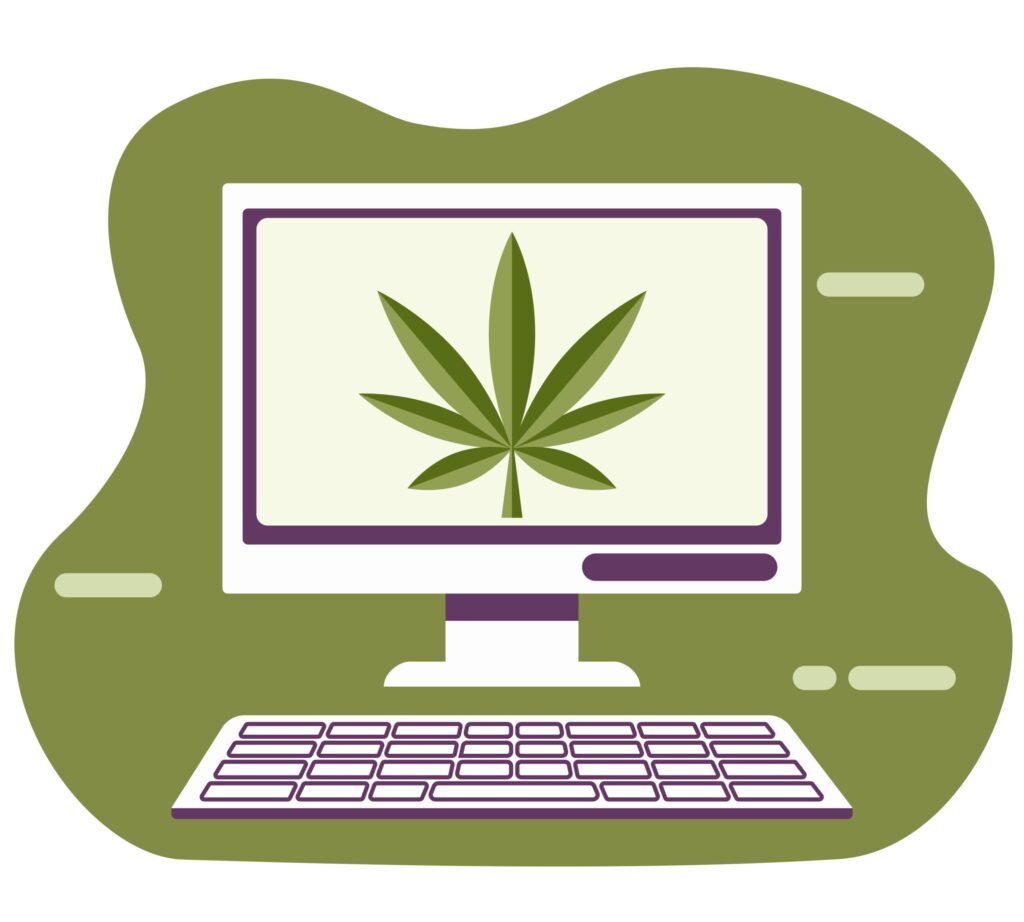
Something unusual happened Tuesday, September 1st, an April Fool’s joke that didn’t involve any actual joke. It doesn’t sound like much really, but it turned out to be quite an unusual experience. We all know that Google isn’t perfect, and not without faults on a procedural level, but they are like the Timex of Internet services. They keep on ticking. So for the world’s number one tech company and provider of free and paid email to more than 145 million people to go down for more than an hour, it’s like having an unexpected power outage or working from home and having the Internet go down. Your left stuck, pondering what you will do. In the case of Gmail, the experience is a little different. Unlike working in an office and being able to ask your neighbor – "Hey, are you having issues with the Internet," or, the dream scenario for most employees, the power going out long enough so that everyone gets to go home, you lack that social validation. Better said, you used to lack that social validation. The outage, didn’t just show that Google is human and expose some of our reliances on the company, it also showed the web’s progression.
Let’s go through the experience from someone that actively uses Gmail either free or paid as a part of the more than one million using Google Apps. You are perhaps in the middle of chatting or trying to send an email, only see the familiar message, "Your message was not received" or "Still working." After a few tries it becomes apparent that something isn’t right. This is around 3:40pm ET. A handful of people would have known to go to the App Status Dashboard. There you could have clicked on Mail and seen something like this:
If you didn’t know to check App Status, which isn’t real-time, you might have tried going to Google. Perform a search for Gmail Down, and you would have seen this.
The image above was taken at 4pm ET, a full twenty minutes into the outage long enough for both App Status to show it down and for a few blogs to have written about it. At the time of the incident, you would have only seen the results from earlier in the year or two years ago. Not very helpful. So where to turn? For some people, that was Facebook. They started seeing some status updates from friends. A few pages and groups even formed during that time. But Facebook is about identity not as much about the transmission. What we really want to know when asking is Gmail down is are others seeing this like I am. Quick, simple… Twitter.
There are two ways to find this out. Go to one’s own home page and see what’s happening from those you follow. For instance, one of those I follow had said this:
The best way though, is tapping into that much ballyhooed real-time machine by doing a "gmail" query in the search box. That would have yielded a scene similar to the following.
A quick scan and we know what we wanted to know – lots of others are experiencing the same issue. So many in fact, that in between the time of doing the first search and capturing the image, 115 new tweets came in on the subject. For fun, we left the page there. In a matter of minutes that number had grown quite significantly.
At this time, Gmail as a topic had also made its way into the trends on the home page.
It became number one shortly after.
Go to the homepage now, and we see the topic fading from view.
During the time of the outage, Google had tweeted about it as well. It is what you expect them to do, and it helps if you follow them, but it shows the almost need to do it but limiting nature of the individual tweet.
By the time the crisis had ended, we had a chance to glean some interesting usage statistics and our own insights.

2. Google added a blog post in addition to the tweets to confirm the outage and its being fixed. In the tweet containing the link to the blog post, we could see the activity and viral nature of twitter thanks to bit.ly.

Google has almost 1.5 million followers. Not long after they put the link, it generated 8000 clicks. More interestingly, we see that 14,000 clicks resulted thanks to others retweeting the link primarily. The numbers have plateaued, settling in about 11k from that tweet and 18k overall. Not too bad of a combined CTR.
3. Twitter is not quite the new Emergency Broadcast System, but it is the new Broadcast System. The challenge though is what to do with that data. At its pinnacle, on a topic like this, you get a clear idea, but for so many other topics, it just translates into garbage.





 Network
Network

